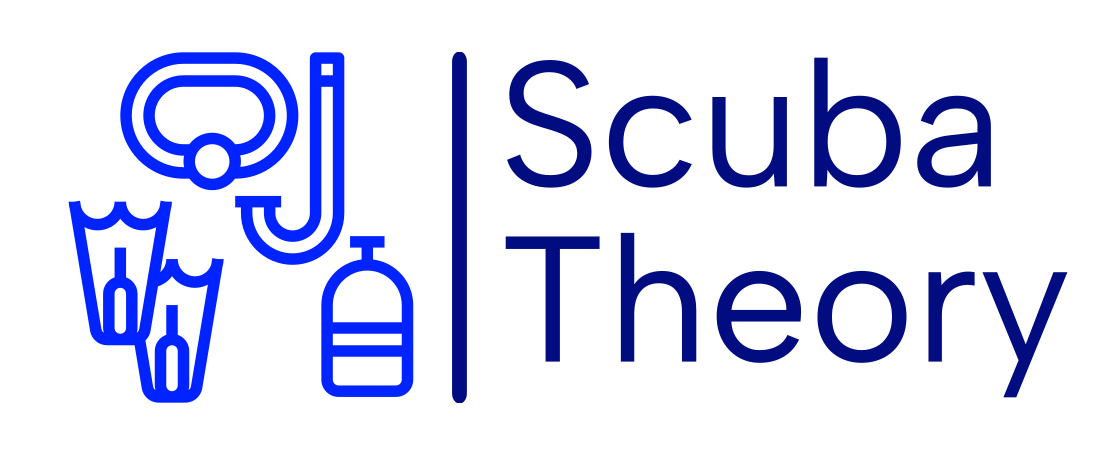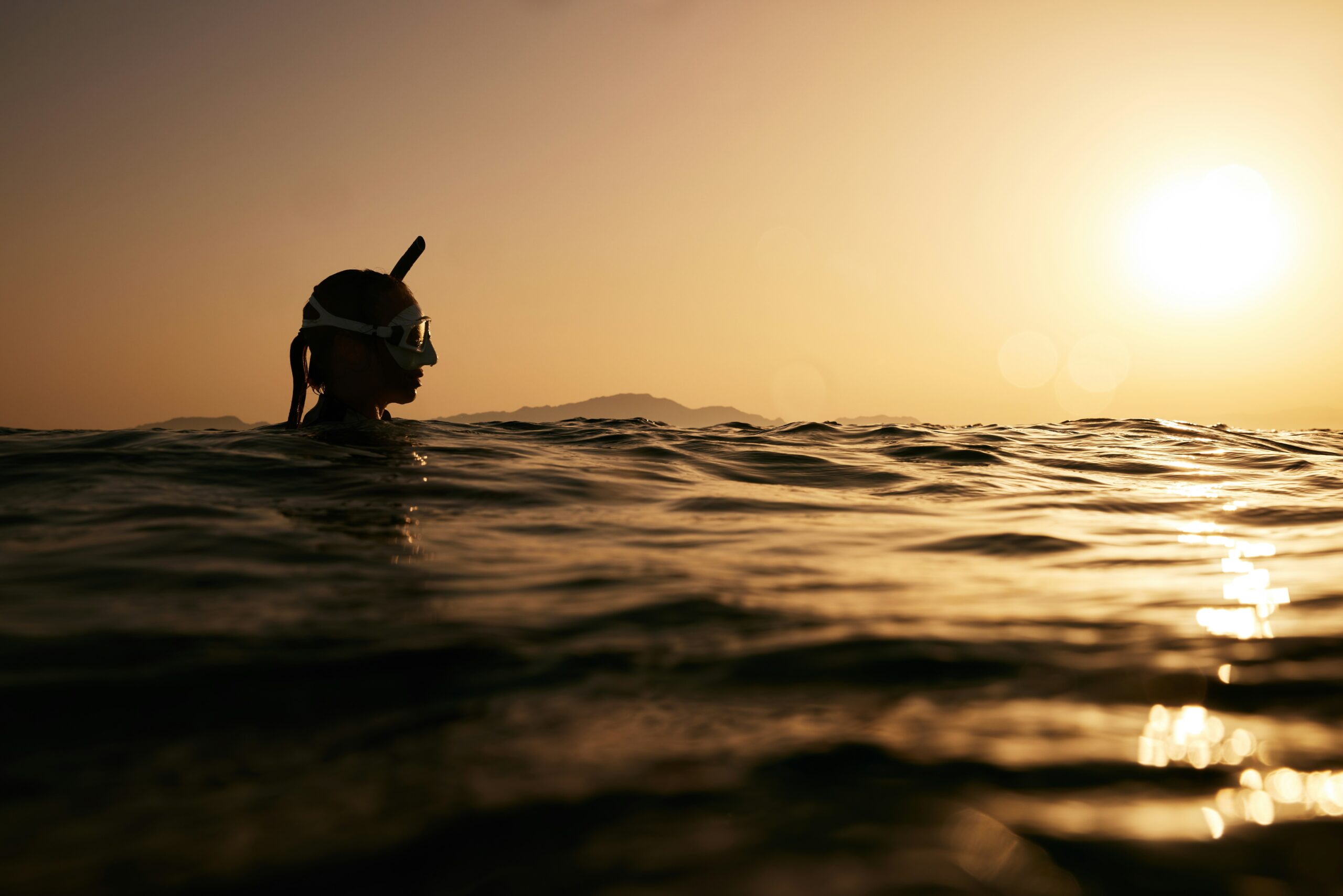Love the Ocean? Become A PADI Instructor: Zero to Hero
Becoming a PADI Instructor is a dream for many who fall in love with the underwater world. It is a journey that requires dedication, passion, and a significant amount of time and effort. For those starting with no dive experience, the pathway from zero to hero involves several critical steps: Open Water, Advanced, Rescue, Divemaster, and finally, Instructor. This comprehensive guide will walk you through each stage, emphasizing the importance of gaining experience and allowing ample time to develop your skills.
Steps to Become A PADI Instructor
Here a a brief overview of the steps required to become a PADI Instructor.
- PADI Open Water Course
- PADI Advanced Open Water Course
- PADI EFR & Rescue Diver Course
- Log some dives (minimum 40 required before starting Divemaster)
- PADI Divemaster program
- Log more dives (minimum 100 required for Instructor level)
- PADI IDC (Instructor Development Course)
- PADI IE (Instructor Exams)
1. Discover Scuba Diving Experience (optional)
Before committing to a full course, many people start with a Discover Scuba Diving (DSD) experience. This is a one-day program that introduces you to the basics of scuba diving in a safe and controlled environment, usually in a pool or confined water. It’s a great way to get a taste of what diving is like without a significant commitment.
2. PADI Open Water Diver
Overview
The PADI Open Water Diver course is your first step to becoming a certified diver. It provides you with the fundamental skills and knowledge needed to dive safely.
Course Components
- Knowledge Development: Learn the basic principles of scuba diving through self-study, videos, or in-person classes.
- Confined Water Dives: Practice essential scuba skills in a pool or shallow water.
- Open Water Dives: Complete four open water dives to apply your skills in a real-world environment.
Minimum Requirements
- Nil
Importance of Experience
Gaining experience as an Open Water Diver is essential. Although you can proceed directly to the Advanced course after completing Open Water, it’s beneficial to complete at least 10-20 dives in various environments and conditions to build your confidence and proficiency as an Open Water Diver.
3. PADI Advanced Open Water Diver

Overview
The Advanced Open Water Diver course is designed to enhance your diving skills and experience. It can be taken immediately after completing the Open Water program and aims to advance your abilities beyond the basic level, encouraging you to start thinking like a diver.
Course Components
- Five Adventure Dives: These include mandatory deep and underwater navigation dives, plus three elective dives such as night diving, wreck diving, or peak performance buoyancy.
Minimum Requirements
- Open Water Certification or equivalent.
Importance of Experience
During this course, you’ll get a taste of different types of diving. Continue diving regularly after completing this course to refine your skills and increase your comfort level underwater. Aim for a minimum of around 20-30 dives by this stage.
4. PADI Rescue Diver
Overview
The Rescue Diver course prepares you to handle dive emergencies and improves your ability to manage and prevent problems.
Course Components
- Knowledge Development: Learn how to identify and respond to potential dive emergencies.
- Rescue Exercises: Practice rescue techniques in confined and open water.
- Rescue Scenarios: Simulate real-life rescue situations to test your skills.
Minimum Requirements
- Advanced Open Water Certification or equivalent.
Importance of Experience
The Rescue Diver course is mentally and physically challenging. It’s essential to have solid diving experience to handle the demands of the course effectively. By this stage, you should have at least 40-50 dives.
5. PADI Divemaster
Overview
The Divemaster course is the first professional level in the PADI system. It trains you to supervise diving activities and assist instructors.
Course Components
- Knowledge Development: Learn about dive theory, management, and supervision.
- Water Skills and Stamina: Demonstrate strong swimming and diving abilities.
- Practical Application: Gain hands-on experience by assisting with real courses and guiding dives.
Minimum Requirements
- Rescue Diver Certification or equivalent.
- 40 logged dives.
Importance of Experience
Becoming a Divemaster requires a high level of diving competence. Aim for a minimum of 60-100 dives, including dives in various conditions (deep, night, wreck, drift, etc.). This broad experience base will prepare you for the responsibilities of a Divemaster.
6. PADI Instructor Development Course (IDC)
Overview
The IDC prepares you to become a PADI Instructor, capable of teaching all levels of PADI courses up to Divemaster.
Course Components
- Instructor Development Course (IDC): Includes knowledge development, confined water training, and open water training.
- Instructor Exam (IE): A two-day evaluation that assesses your teaching ability, dive knowledge, skill level, and professionalism.
Minimum Requirements
- Divemaster or equivalent.
- Minimum 100 logged dives.
Importance of Experience
By the time you reach the IDC, you should have a wealth of diving experience, ideally over 100 dives. This experience will not only make you a more competent diver but also a more effective and confident instructor.
PADI Instructor: Gaining Experience Along the Pathway
Minimum Time Frame
While it’s technically possible to complete this journey in a short period, it’s highly recommended to spread it over 6-12 months or more. This time allows you to gain diverse diving experience, develop your skills, and mature as a diver.
Tips for Gaining Experience
- Dive Regularly: Dive as often as possible in different environments.
- Seek Mentorship: Learn from experienced divers and instructors.
- Log Your Dives: Keep detailed records of your dives, including conditions and experiences.
- Continue Education: Take specialty courses to broaden your knowledge and skills.
Benefits of Experience
The experience you gain along the way is invaluable. It builds your confidence, hones your skills, and prepares you for the challenges of being a professional diver. As an instructor, your depth of experience will enable you to teach effectively, handle emergencies, and provide the best possible learning experience for your students.
Conclusion
Becoming a PADI Instructor is a rewarding journey that starts with a single dive and grows into a lifelong passion. The pathway from zero to hero is demanding but immensely fulfilling. By taking the time to gain experience and develop your skills, you’ll be well-prepared to inspire and educate the next generation of divers. Whether you’re just starting or well on your way, remember to enjoy the journey and make the most of every dive.

